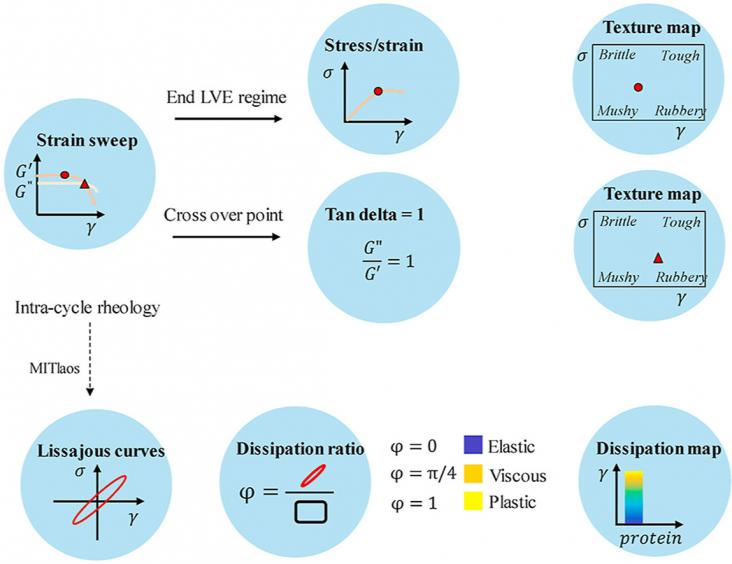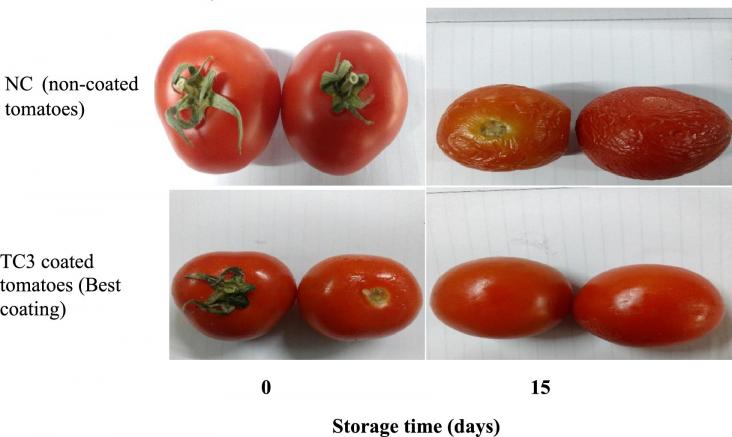A Personal View in support of SDGs 1, 2, and 13, describing how use of quantitative data can support targeted interventions for nutrition resiliency and suggesting actions that can help to prevent acute malnutrition in the context of worsening climate and conflict conditions.
Elsevier,
Food Security, Poverty and Nutrition Policy Analysis (Third Edition): Statistical Methods and Applications, 2022, Pages 575-597
Building effective policy and practices to ensure sustainable supplies of nutritious foods requires understanding the contributing factors and developing appropriate practices in response.

Aquatic foods are increasingly being recognized as having an important role to play in an environmentally sustainable and nutritionally sufficient food system.

Agriculture is fundamental to all three pillars of sustainability, environment, society, and economy.
Coral reefs worldwide are facing impacts from climate change, overfishing, habitat destruction, and pollution.

The development of next-generation meat analogues can be accelerated by in-depth knowledge of the rheological properties of dense biopolymer blends.
A Review in support of SDG 2, summarising the consumption of fats globally and estimating the changes required to increase fat consumption in some parts of the world to nutritional recommendations, in a sustainable way

Research into coatings made from whey protein isolate and xanthan gum which could increase the shelf life of fruit and thus have potential to minimize post-harvest losses and food waste, supporting SDG2: Zero Hunger.
Background: Children with severe acute malnutrition (SAM) who require nutritional rehabilitation unit (NRU) treatment often have poor developmental and nutritional outcomes following discharge.
The authors conclude that there are multiple pathways to consumption of 5-a-day that would benefit both people’s health and the environment, providing a range of policy options from which governments can select according to their priorities. Their results show that the pathways prioritizing vegetables over fruit and favoring an increased consumption of UK-produced varieties would achieve a better balance of benefits across health and reduction in greenhouse gas emissions (GHGEs) and water use
